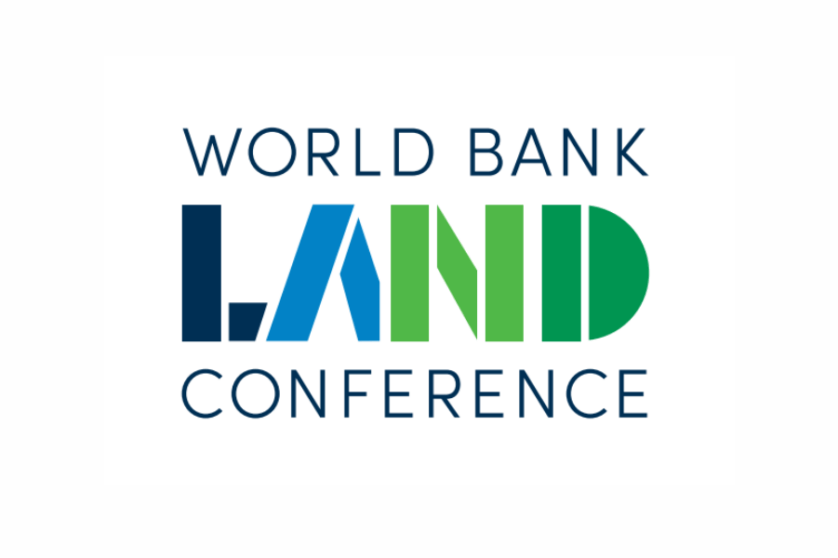Members from ICTD’s Local Government Revenue Initiative (LoGRI) will participate in a number of sessions and host a panel discussion at the World Bank’s Land Conference, scheduled for May 13 to 17, 2024, in Washington DC. The theme for this year’ conference is “Securing Land Tenure and Access for Climate Action.”
In-person registration has closed, but you can still register to attend virtually. To watch the live stream of LoGRI’s session at the World Bank Land Conference and for the latest information, please visit the World Bank Conference website.
LoGRI’s experts, along with experts from partner institutions, will present at the following sessions. All session times are listed in Eastern Standard Time (EST). Please note that room locations are subject to change (for in-person attendees).
Panel Discussion
Leveraging Property Taxation to Strengthen Land Management and Sustainability – New Models to Accelerate Reform Progress
Thursday, May 16, 2024, 11:15 – 13:00. Location: MC 4-800
(in-person & virtual)
This panel explores the significant role of property tax reform in enhancing urban resilience and land management. Featuring insights from LoGRI, the discussion will highlight successful reform strategies for linking property tax reform, investment in urban climate resilience and efforts to strengthen land management in lower income countries. In doing so, the panel seeks to contribute to the emergence and spread of reform strategies that maximize potential benefits, while seeking to learn from the missed opportunities of past reform programmes.
Speakers:
- Dr. Wilson Prichard, Executive Director, ICTD, Chair, LoGRI & Associate Professor, University of Toronto (Chair)
- Rosetta Wilson, Independent Consultant & Program Lead FCDO-funded Property Tax Reform Projects
- Camille Barras, Policy Lead, LoGRI
- Frank Pichel, Land Information Specialist, PLACE
- Dr. Colette Nyirakamana, Research Lead, LoGRI and Senior Research Associate, University of Toronto
Research Presentation Session
Using Property Taxation as the Basis for a Social Contract
Thursday, May 16, 2024, 8:00am – 10:00am. Location: MC 8-100
(in-person only)
Building comprehensive property tax systems in lower-income countries: ‘cadaster-first’ versus ‘property tax-first’ approaches to property tax reform
Dr. Wilson Prichard, Executive Director, ICTD, Chair, LoGRI & Associate Professor, University of Toronto and Dr. Colette Nyirakama, Research Lead, LoGRI and Senior Research Associate, University of Toronto
Strengthening the fiscal contract by linking property tax reform and participatory budgeting in Freetown, Sierra Leone
Kevin Grieco, Postdoctoral Fellow, LoGRI.
The challenges of taxing properties on customary land
Sripriya Iyengar Srivatsa, Doctoral Fellow, LoGRI.
Should local and traditional authorities collaborate in raising property tax? A study of property owner preferences in Zambia
Nicolas Orgeira Pillai, Doctoral Fellow, LoGRI.
